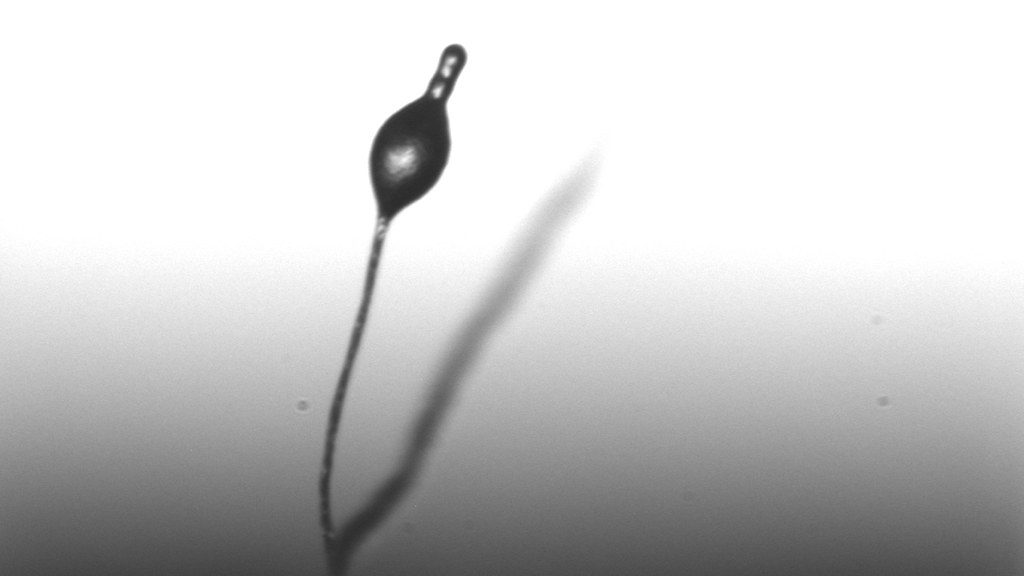Darwin’s evolutionary theory predicts survival of the fittest. If the cheats always win, then according to Darwin, altruism shouldn’t exist.
To answer that question scientists from the Universities of Bath and Manchester have been studying a single-celled amoeba, also known as slime mould, which displays certain behaviours that have been labelled as 'cheating' or 'cooperating'. The team looked at why the single fittest strategy in the amoeba community doesn’t dominate.
In their study, published in the prestigious journal Current Biology, the team found that cheaters don’t necessarily win in terms of overall survival, suggesting that biologists should re-evaluate how they define and measure social cooperation.
Their research has medical implications when it comes to developing therapies that use socially successful bacteria to fight diseases such as lung infections.
Slimy 'cheats'
The team looked at how amoebae compete against each other during cooperative encounters. These strange microbes generally live in the soil as single cells, eating bacteria, but when food is limited, they clump together to form a ‘slug’ that moves to a different location before transforming into a fruiting body which eventually releases spores to produce the next generation of amoebae.
Development into a fruiting body requires cooperation, with some of the amoebae forming the stalk part of the fruiting body, effectively sacrificing themselves for the benefit of the ones that become spores. Therefore biologists have labelled the individuals that become the stalk as ‘altruists’, with the individuals that tend to form lots of spores being identified as ‘cheats’ because they benefit disproportionately.
However, the scientists from Bath and Manchester found that these assumptions don’t necessarily tell the whole story. Those labelled as cheats don’t end up having higher success than those that appear to lose since the cheats pay a price for their apparent success by producing larger numbers of lower quality spores. These inferior spores have lower survival rates, so overall the number of spores that survive is similar to those amoebae who ‘cooperate’.
Measuring social success
Professor Jason Wolf, from the University of Bath’s Department of Biology & Biochemistry, explained: “Our study shows that whilst there are definitely winners and losers in social cooperation, you can’t measure social success just by counting the number of spores these moulds produce. Those that produce lots of spores often make inferior ones that don’t have any overall advantage over their competitors.
“Basically we need to look at the bigger picture when measuring social success, rather than making assumptions based on measuring the wrong things.”
Professor Chris Thompson from Manchester’s Faculty of Life Sciences added: “What our study says is that when we look at systems through just one aspect then that system can appear to be unbalanced and shouldn’t work, but in reality we are a collection of many features that together determine our success, and so our variety helps to make us more equal.”
He adds: “Our study threw up quite a big surprise because the way we measure fitness in a system is currently misleading. By focussing on the number of offspring (in this case spores) rather than the quality, we’re using an incorrect measurement of success.
“What we thought of as socially successful needs to be re-evaluated.”
The study is an example of the world-leading research from the University of Bath. 85 per cent of our Biological Sciences research was judged as world-leading or internationally excellent in the recent independently-assessed Research Excellence Framework 2014.

